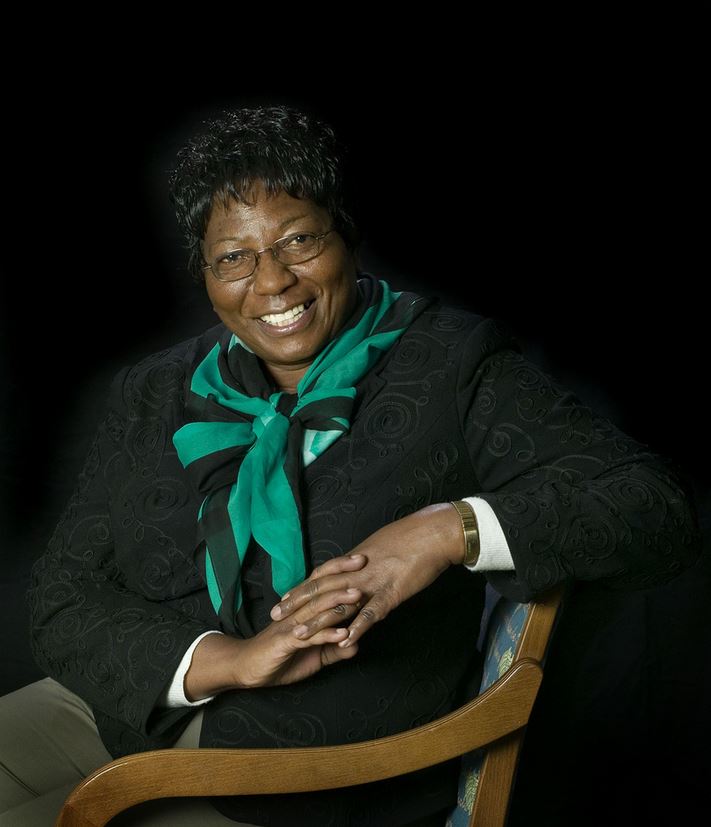All eyes on maternal and child health: Ideas, money, know-how not enough
 Nurse Melifa Mphasa listens to the pregnant belly of her patient in the labor ward at Bwalia 'Bottom' Hospital in Lilongwe, Malawi. Photo: Abbie Trayler-Smith / Oxfam
Nurse Melifa Mphasa listens to the pregnant belly of her patient in the labor ward at Bwalia 'Bottom' Hospital in Lilongwe, Malawi. Photo: Abbie Trayler-Smith / Oxfam
“We have no need for quick fixes and solutions developed outside of our country,” says Malawian healthcare leader.
With the announcement that almost 15% of USAID’s budget – $2.9 billion – being “realigned” to child and maternal health over the next three years, and the World Health Organisation’s Partnership for Maternal, Newborn & Child Health meeting in Johannesburg this week, it would seem there is a renewed push to bring basic health care to the world’s poorest women and children.
From Ghana, to India, to South Africa, people see too little progress on the Millennium Development Goals (MDGs) least likely to be met by 2014: MDG4 “reduce child mortality” and MDG5 “improve maternal health.”

Dorothy Ngoma, Principal Secretary and National Coordinator of Malawi’s Presidential Initiative for Maternal Health and Safe Motherhood and former Executive Director of the National Organisation of Nurses and Midwives of Malawi, spoke to Oxfam about why this was when she visited Washington DC earlier this year.
“International organizations have brilliant ideas. They have money and technical know-how, but these issues are very intimate and success lies at the local level. That is why international organizations must have strong partnerships with us [Malawians] if programs are to take root and be effective.”
Throughout her career, Ngoma has trained nurses and lobbied legislators to improve conditions in hospitals, clinics and schools across Malawi. Her hard work in recent years to change harmful traditions, such as early marriage and secrecy around pregnancy, have led to 12,000 chiefs taking a lead in changing attitudes and behaviors at the grassroots level.
“Our efforts from the ground up are getting results. Educating and giving incentives to chiefs, along with the construction of new maternal health facilities in rural areas, have begun to reduce the number of home births using unskilled traditional birth attendants. As a result of this initiative, in two years we have managed to reduce maternal mortality rates significantly, from 675 per 100,000 live births to 460.”
These results stand for themselves. Ngoma urged donors to recognize that international, national, and local level partners are operating in very different spaces and that formal systems too rarely mirror the reality on the ground.
“The international community has been present in Malawi for over half a century, but it was when our president engaged the chiefs in this bottom-up approach that we began to see change.
“After working for more than 30 years as a nurse and lobbying on behalf of nurses in Malawi, I can tell you that we have no need for quick fixes and solutions developed outside of our country.”